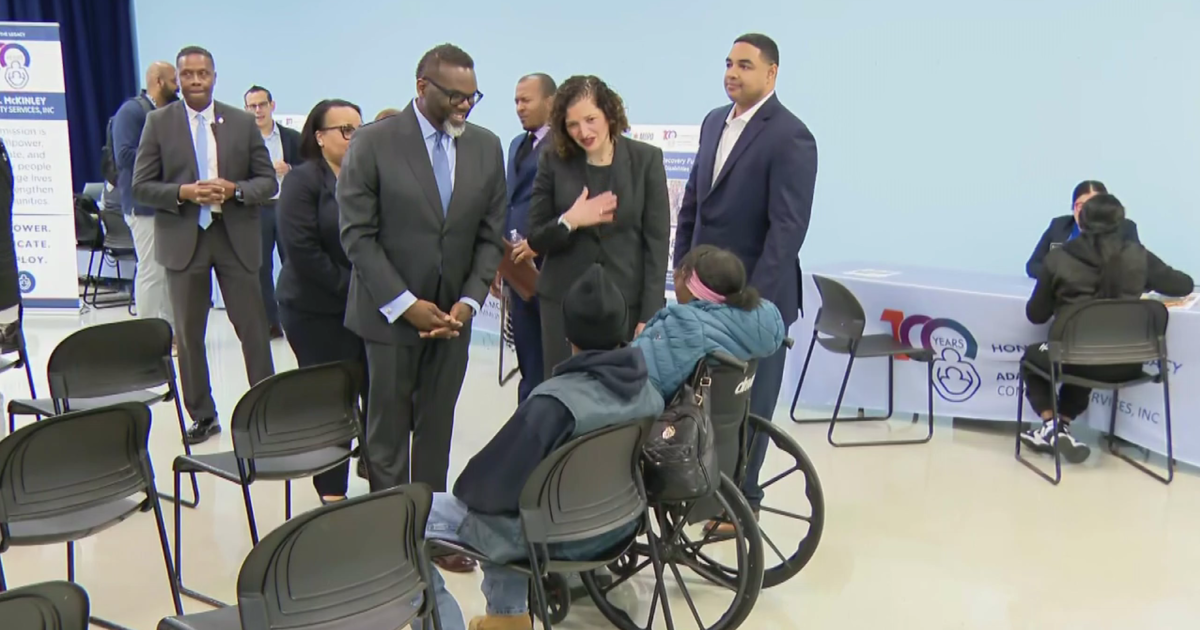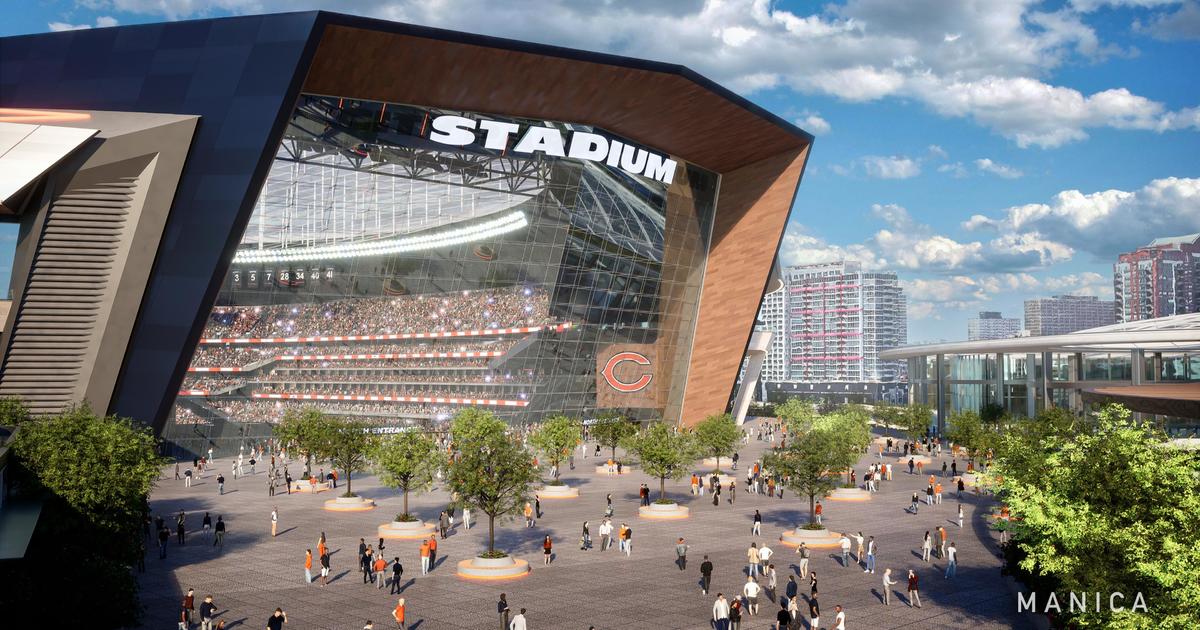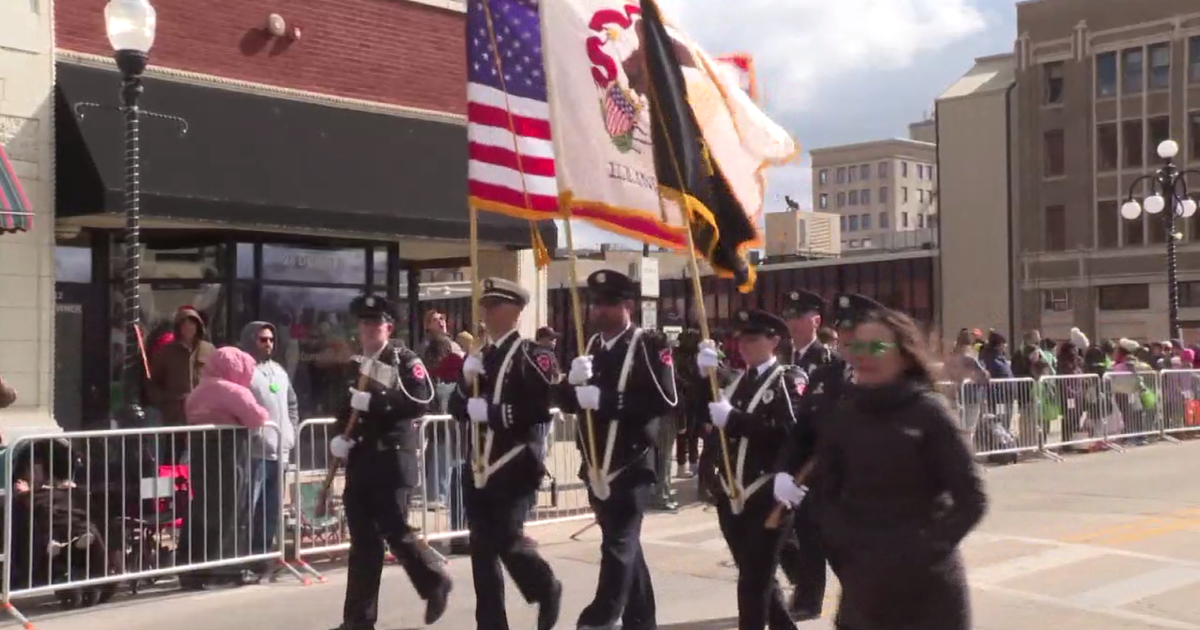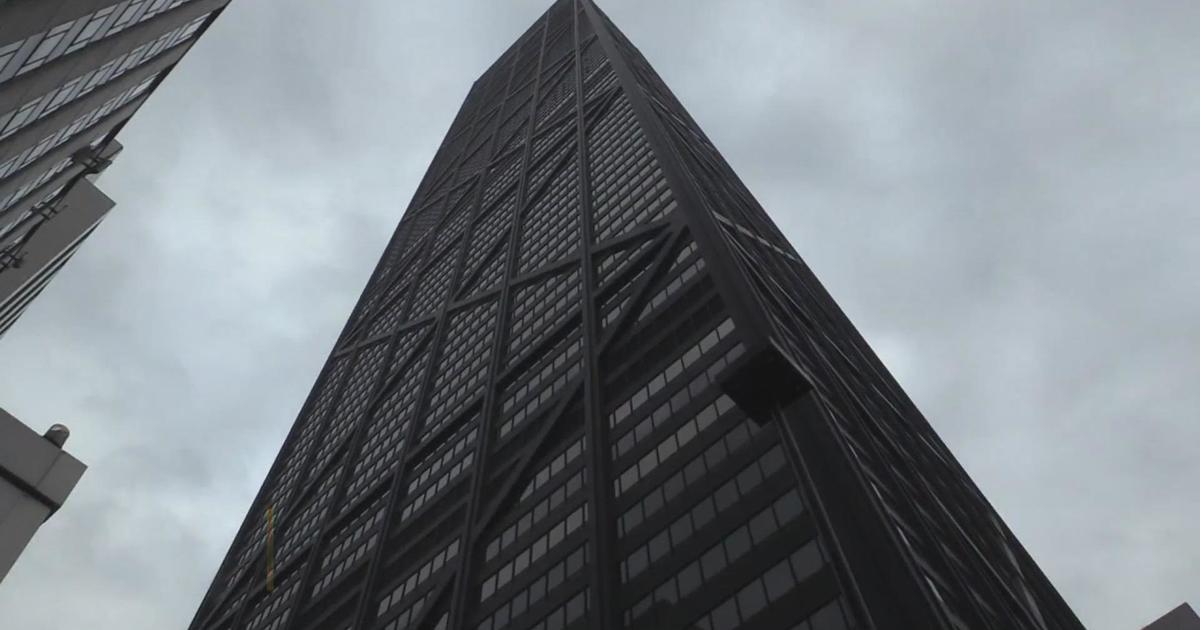City Launches 'Chicago Alfresco' Program Seeking New Ideas To Expand Outdoor Dining
CHICAGO (CBS) -- In an effort to further expand indoor dining options in Chicago this year, city officials announced "Chicago Alfresco," a new initiative encouraging community groups to design long-term dining spaces that could be placed on city streets, alleys, or plazas.
While the outdoor dining program the city launched last year to help restaurants and bars survive the pandemic will continue this year, the city also is encouraging chambers of commerce and other neighborhood community groups to come up with longer-term designs for outdoor dining spaces.
"Outdoor dining has become a lifeline for so many of our neighborhoods, but not all of them have been able to take advantage of our safe, outdoor dining programs," Mayor Lori Lightfoot said in a statement. "And by creating and transforming public spaces, the Chicago Alfresco initiative will significantly increase our city's ability to fully revitalize the public way. Last year, we started this program out of necessity to help bars and restaurants stay open safely, now we've seen how well this program works and how much the City loves it, so we want to keep it going."
The program is being funded by a $2.5 million donation from alcohol company Diageo, according to Choose Chicago, the city's tourism agency. Grants of up to $250,000 will be awarded to groups such as local chambers of commerce, Special Service Area providers, and other non-profits for projects to create "longer-term active community spaces that support outdoor dining or highlight community-focused placemaking."
"Placemaking is the iterative process of transforming common spaces into community places by cultivating a sense of ownership, belonging, and safety through community engagement, physical transformation, and the nurturing of community capacity and local leadership," Choose Chicago stated on the Chicago Alfresco website.
To qualify, projects must be designed to be in place for a minimum of six months, and preference will be given to projects that commit to a duration of up to three years.
According to the Chicago Department of Transportation, proposals will be accepted for a variety of styles and scales of projects:
- Existing Plaza Programming - CDOT has approximately 50 plazas under its jurisdiction. Respondents can propose to activate these plazas with movable furnishings for outdoor dining and public use, as well as other types of installations.
- Street / Alley Activations - Street and alley closures can provide additional dining and community gathering spaces. These will be dependent on the feasibility of the street / alley closure due to impacts on the traffic network. Preference will be given to projects that demonstrate community support for long-term or permanent closures of the proposed project location.
- Curbside Use (platform and non-platform) – The use of parking spaces along the curbside of the street provide an opportunity to expand sidewalks and provide additional public outdoor space. Platform and non-platform solutions can provide additional space for outdoor dining and public seating. Projects can incorporate seating on sidewalks, but a Sidewalk Café permit would be required for dining service. The Chicago Alfresco Design Guidelines show design requirements for each curbside activation type, including barrier and safety element requirements. While respondents can provide a customized People Spot using the guidelines provided, a standard People Spot design is available for free from the City of Chicago at chicagocompletestreets.org/streets/mwfp/peoplespots.
Restaurants and bars that participate in any proposals must get all necessary permits from the city.
- All establishments directly providing table service or distributing food for curbside pick-up must have a valid Retail Food Establishment license through BACP.
- All businesses selling alcoholic beverages for consumption must obtain an Outdoor Special Event Liquor License through BACP.
- Businesses seeking to extend dining service onto the sidewalk must obtain all required Sidewalk Café and Extended Sidewalk Café permits through BACP. If tables and chairs placed on the sidewalk do not meet the requirements of a Sidewalk Café, Extended Sidewalk Café, or Extended Outdoor Dining permit, they shall remain open for public use and be used for curbside pick-up dining only.
- Businesses seeking to extend dining service onto the street must meet all requirements under the Extended Outdoor Dining permit through CDOT, DCASE, and BACP. If tables and chairs placed on the street are not permitted through an Extended Outdoor Dining permit, they shall remain open for public use and be used for curbside pick-up dining only.
- Projects must meet COVID-19 social distancing guidelines as established by CDPH.
Applications will be accepted through April 15, and the first round of accepted plans will be announced by April 30, with groundbreaking expected to begin June 1. The city also will host a webinar at 3 p.m. on March 26 to answer questions about the process. Groups interested in applying should contact Choose Chicago directly at neighborhoods@choosechicago.com.
Choose Chicago said priority will be given to neighborhoods "with the greatest potential for tourism growth," with at least 75% of the money going to the South Side and West Side.
The funding can be used for design, engineering, and construction services; the purchase of necessary materials such as traffic safety equipment, landscaping, and modular design systems; fabrication and installation of the outdoor spaces; and project management staff.
No grant money can be used for individual businesses to purchase items such as dining tables and chairs, or lighting for individual sidewalk operations.



